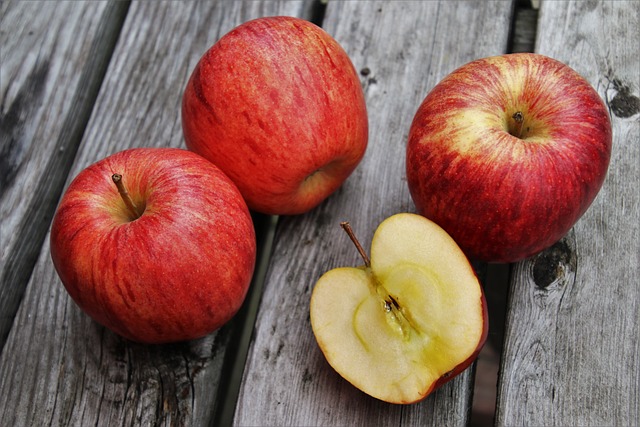Probiotics vs. Prebiotics: Which One Is Right for You?
Probiotics and prebiotics are both beneficial for our gut health, but it’s important to understand the difference between the two. Probiotics are live beneficial bacteria that help regulate our digestive system and boost our immune system. Prebiotics, on the other hand, are non-digestible fibers that feed the beneficial bacteria in our gut.
Probiotics
Probiotics are found in many fermented foods and can also be taken as supplements. Yogurt, kefir, kimchi, and sauerkraut are all examples of fermented foods that contain beneficial bacteria. Probiotics can help improve digestion, boost our immune system, and prevent certain gut-related illnesses.
When choosing a probiotic supplement, it’s important to look for one that contains a variety of bacterial strains and has a high enough count to be effective. Different strains of bacteria perform different functions in our gut, so a multi-strain supplement is best.
Prebiotics
Prebiotics are non-digestible fibers that are found in many fruits, vegetables, and whole grains. These fibers are not broken down by our digestive system, but instead are used as a food source by the beneficial bacteria in our gut.
Incorporating prebiotic-rich foods into our diet can help maintain a healthy gut flora. Some examples of prebiotic-rich foods include onions, garlic, bananas, asparagus, and oats.
Some people may experience digestive discomfort when first incorporating prebiotic-rich foods into their diet. This is because the beneficial bacteria in our gut are actually fermenting these fibers, which can lead to gas and bloating. However, over time, our gut flora will adjust and these symptoms will diminish.
Probiotics vs. Prebiotics
Probiotics and prebiotics both play an important role in maintaining a healthy gut, but they work in different ways. Probiotics introduce beneficial bacteria into our gut, while prebiotics feed the beneficial bacteria that are already there. In order to maintain optimal gut health, it’s important to incorporate both probiotics and prebiotics into our diet.
Some people may benefit more from probiotics, while others may benefit more from prebiotics. For example, those with digestive issues such as irritable bowel syndrome may benefit more from probiotics, while those looking to improve overall gut health may benefit more from prebiotics.
It’s important to consult with a healthcare provider before starting any new supplement or making significant changes to your diet. They can help you determine which probiotics or prebiotics are right for you based on your individual health needs.
Conclusion
Probiotics and prebiotics are both essential for maintaining a healthy gut flora. Incorporating probiotic-rich foods and supplements and prebiotic-rich foods into our diet can help improve digestion, boost our immune system, and prevent certain gut-related illnesses. It’s important to consult with a healthcare provider to determine which probiotics or prebiotics are right for you.







